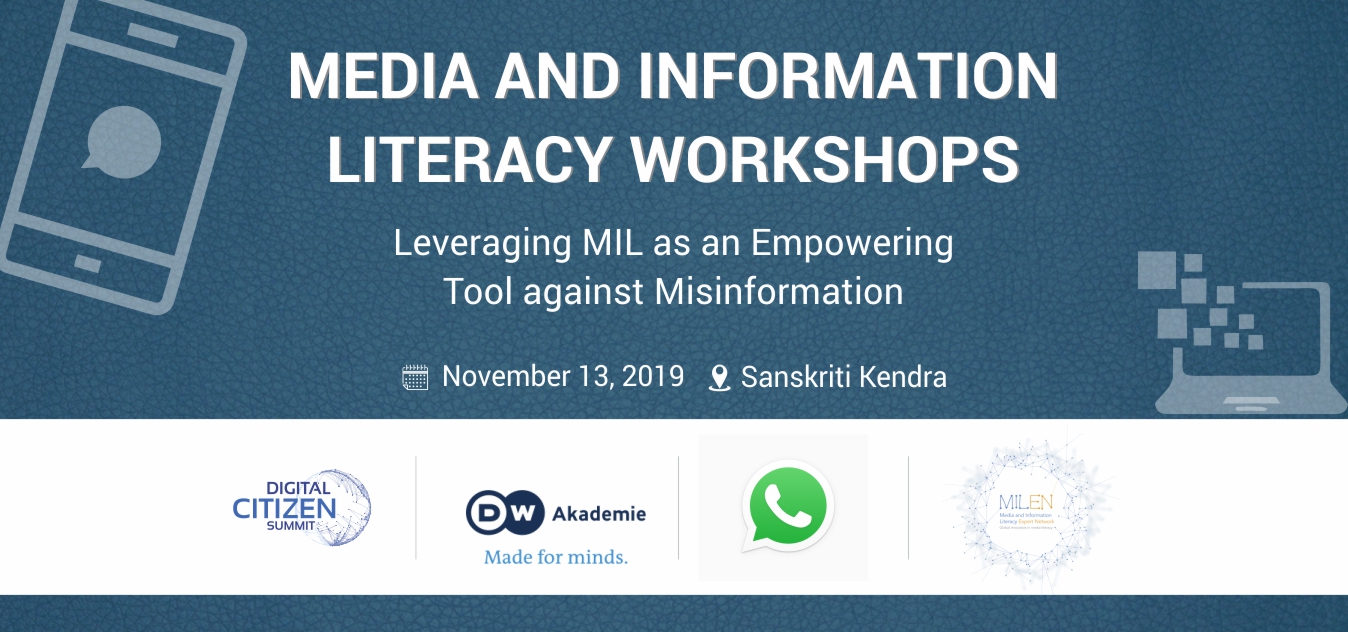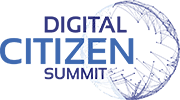
The increase in smartphone, internet, and social media penetration around the world has provided newer avenues for access and participation. However, as technology and related uses and practices have evolved over time, social media has becomes a vehicle for majoritarian and populist forces to claim online spaces. One of the prominent ways in which this has happened is the spread of misinformation taking advantage of social media and its powers of rapid dissemination. As a result of this, access to information and freedom of expression has increasingly come to be regulated in the guise of clampdowns on misinformation.
Majority of the countries have tended to opt for overbroad legislation and regulatory mechanisms like making social media companies responsible for active censorship, crushing jail terms for broad definitions of what constitutes misinformation, and even to the extent of internet shutdowns. These top-down regulatory approaches have potential knock-on effects on the freedom of expression and active civic participation online. The media and information literacy (MIL) approach provides a bottom-up citizen centric approach with the intent to make users critical consumers of information.
This also empwers individuals within both online and offline social space by providing them with the autonomy for unfettered participation in social life. The Media and Information Literacy Expert Network (MILEN) has expansive collective experience in providing MIL training for a diverse range of stakeholders and vulnerable groups across varying national contexts. MILEN is a network of 13 global MIL experts from Cambodia, Namibia, Uganda, Bolivia, the Netherlands, Palestine, India, Moldova, Brazil, Jordan, Egypt, and Georgia. With the rise of misinformation related incidents in India and the corresponding legal and regulatory propositions put forward there is an urgent need to highlight the potential for citizen-centric bottom- up approaches that work towards empowering individuals in taking control of their medium of information and expression.
Towards this end, on 13 Nov 2019 DEF and MILEN will conduct 2 half-day workshops with civil society and journalists in order to outline best practices with two of the frontline stakeholders within the ecosystem.
Workshop 1 (9:30 am – 01:00 pm)
Promoting Critical Thinking in Communities – Capacity-building workshop with Civil Society Organisations (CSOs)
The workshop comes at an opportune moment when our communities are dealing with the phenomenon of misinformation and its fallout. CSOs work with grassroots communities around the country with expanding smartphone and internet penetration. Whether or not media and information literacy are their direct mandate, CSOs increasingly have to deal with this rising phenomenon within their constituencies. This workshop seeks to highlight the importance of MIL as an indispensable part of their on-ground activities.
Workshop 2 (2:30 pm – 6:00 pm)
Sifting through Facts and Post-Facts in News Production – Capacity-building workshop with Media Professionals
The workshop comes at an opportune moment when news production, practice, and consumption has to contend with the phenomenon of misinformation and its fallout. Increasingly journalists and news production houses are grappling with a post-fact world and declining trust in news media. This workshop aims to highlight the importance of developing a critical thinking approach to the production and dissemination of news as an bulwark against misinformation campaigns.
Register here.
